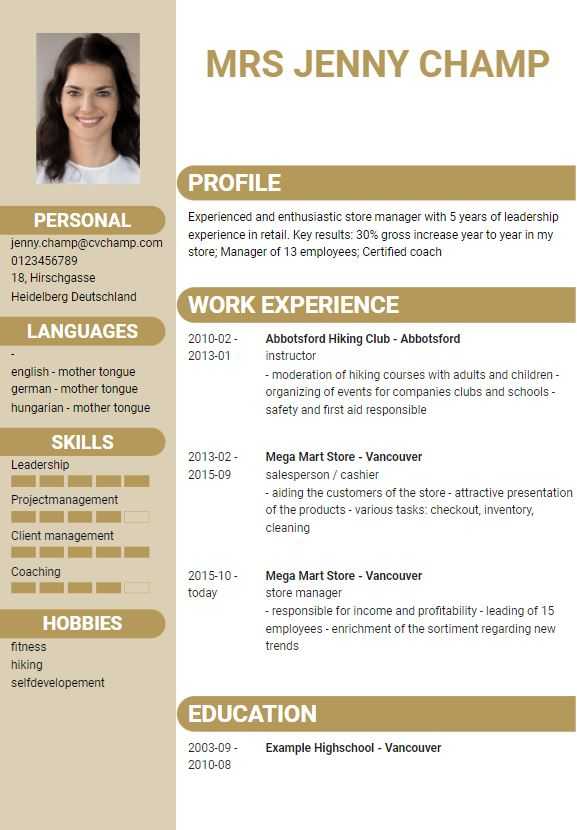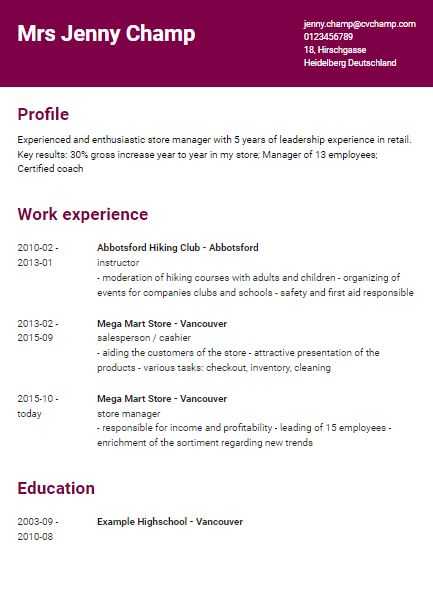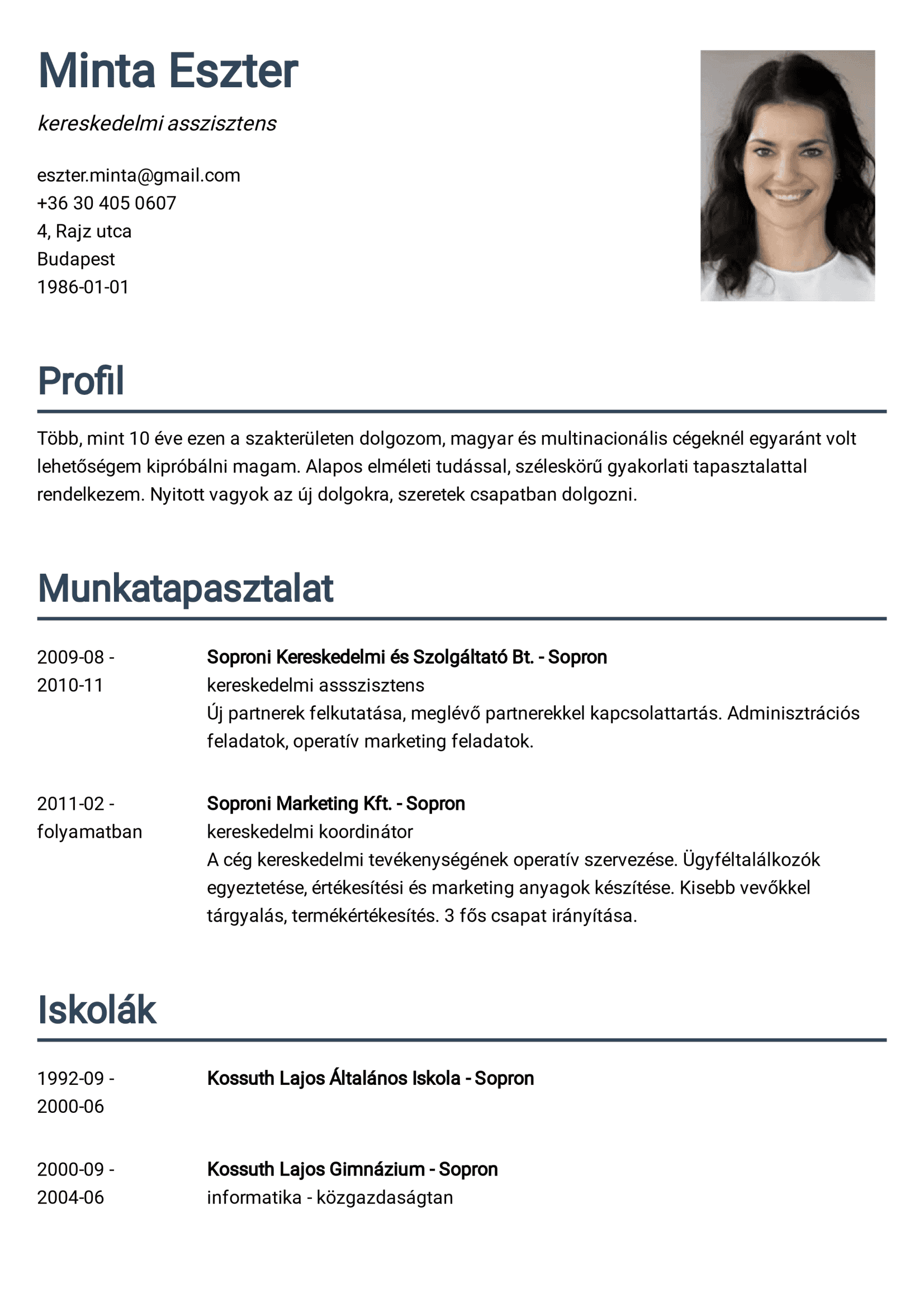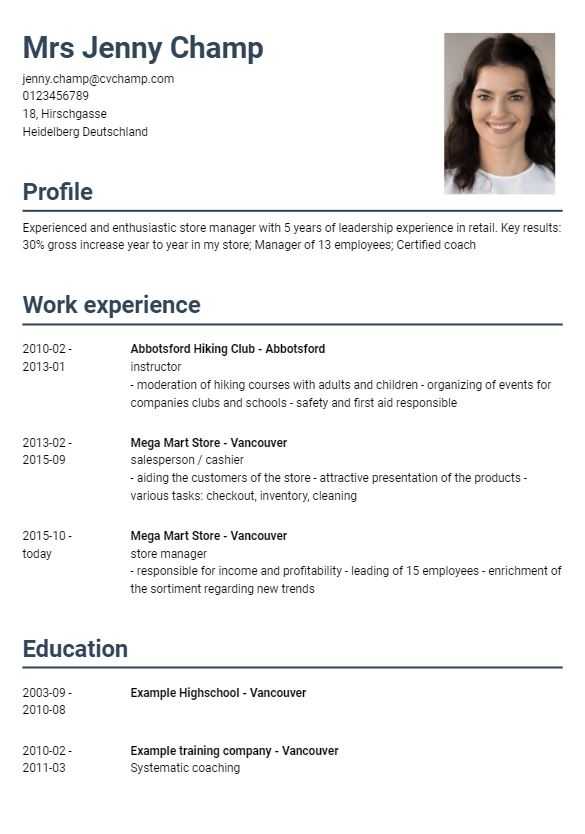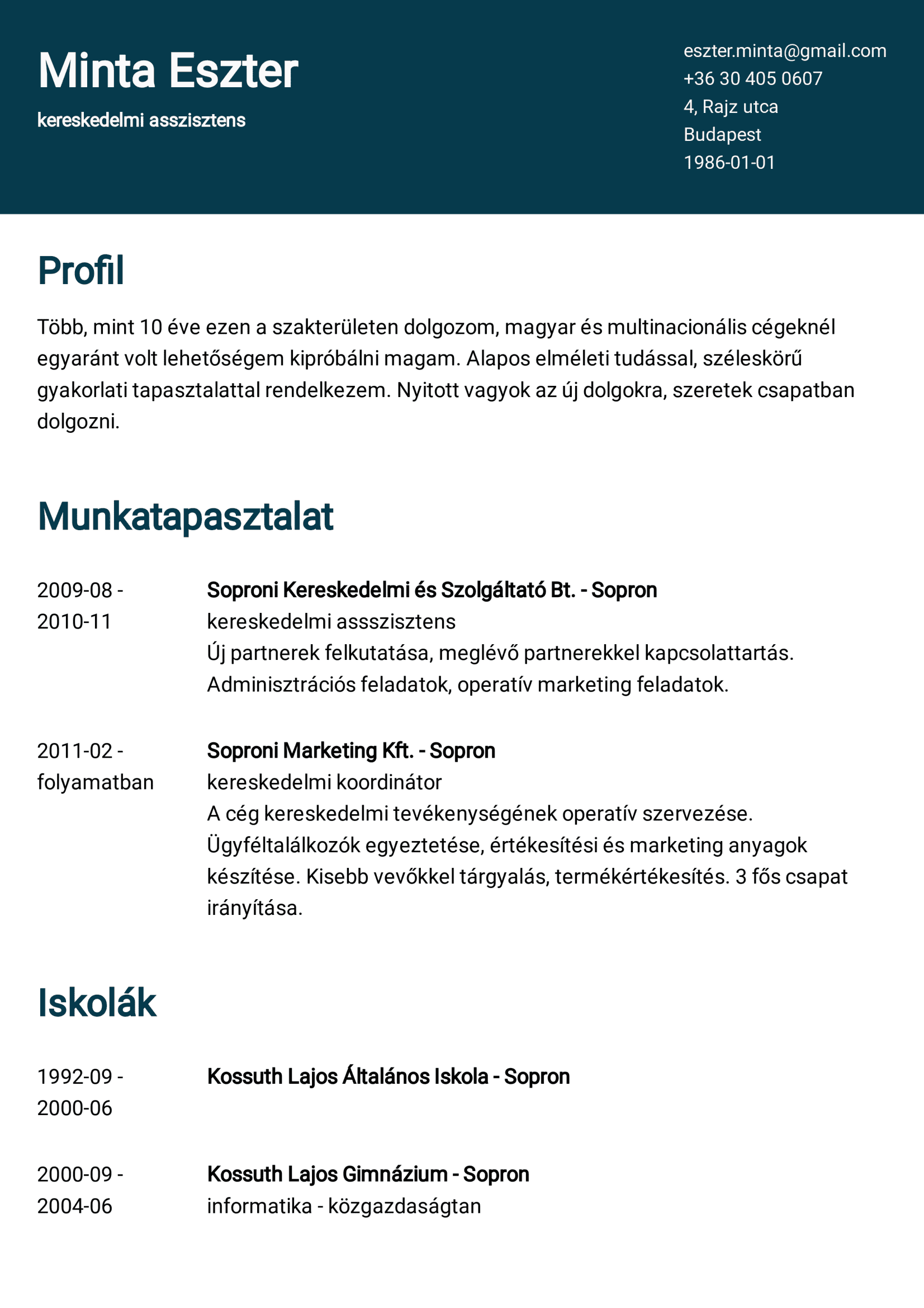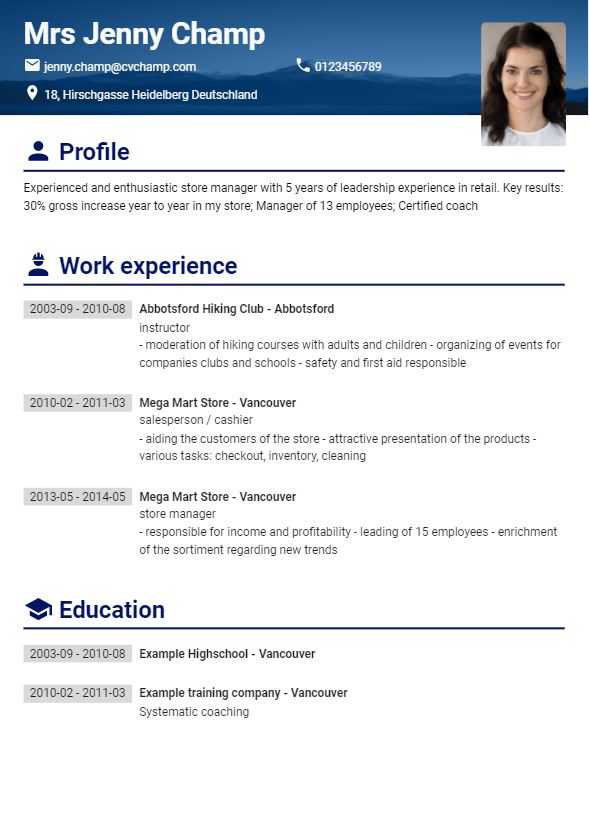

Which Skills Should I Include in My Resume?
Nowadays, skills and competencies play an increasingly important role in the selection of applicants. In many cases, a good personality that can easily integrate into the team can be more valuable than the specific professional skills of the applicant. It is much easier and faster to replace expertise than correct personality and attitude deficits. And with which skills in the resume do we gain an advantage over other applicants? In our article, we have compiled the most essential information.
What do these concepts mean?
Ability, skill, competence, experience. These terms are widely used, but many use them without knowing their meaning. All these terms can be important for a position, so it is worth first looking up what each one means.
What does ability mean?
When we do something often, practice it, and repeat it, it becomes more straightforward and automatic. When one has repeated and mastered something so often that it is at one's fingertips, when one no longer needs to pay attention to the activity, we speak of an ability.
And why is an ability valuable in the workplace? When we have practiced an activity to the extent that we can perform it without the help of our conscious self, we use much less energy, make fewer mistakes, and deliver better performance.
What does experience mean?
When we use our skills to solve a task and make informed decisions based on our knowledge and experience, we can speak of competence. Competence can be used to solve more complex tasks where we need not only to have professional knowledge but also be able to make the right decisions to achieve the goal.
What does competence mean?
Competence is a broader term encompassing the ability, skills, knowledge, and attitude to solve problems in a specific activity.
More about Skills
In today's world, the phrases Hard Skill and Soft Skill are frequently used to describe different types of skills that individuals possess. Both types of skills are essential for workplace and life success.
Hard Skill
Hard Skills are skills that convey professional, technical competence. They can be acquired through education and training and have in common that they can be measured and tested in some form. This could be a CNC machine's operation, computer programming language knowledge, or statistical modeling.
Soft Skill
Soft Skills are characteristics that describe our personality, our social behavior, and our teamwork. Since these skills are more challenging to develop in formal education, they play an important role in selection. Between two people with similar professional skills, the one who can integrate better, work better in a team, solve problems more effectively, and communicate better will be chosen.
Which Skills Should I Include in My Resume?
This depends strongly on the specific position you are applying for. First, read the job advertisement and look at the tasks and responsibilities. Consider which characteristics could be necessary for the position. If the employer explicitly mentions which skills are expected, it is worth including these in some form in your resume. You must list both Hard and Soft Skills in your resume. Try to adjust the proportion of these skills to the respective position. If teamwork is essential, Soft Skills will be in the foreground; if you have to work alone, Hard Skills will be the center of selection.
How Many Skills Should Be Listed?
The difficulty in listing is that there are many different skills, and you can list many depending on what goal you want to achieve. Generally, 3-6 skills should be included in a well-written resume. We should always look at the job description and identify critical competencies, essential skills, and keywords.
Are there too many points you want to mention, and you can't decide? Think about which skills are most important for the position. It is worth entering the essential skills that make you unique or have the most significant impact.
Are you a career starter with no experience? Luckily, you don't have to leave this section empty; fill it in with Soft Skills!
Which Skills Should Not Be Included in Your Resume?
It must be emphasized again that the most important condition for including skills in a resume is that they must be relevant to the job advertisement. Based on the position and job description, we must be able to decide whether a skill is relevant or not.
For career changers, it can be difficult not to list skills from their previous area of work that they are excellent at but are entirely irrelevant to the new area. It makes more sense to list soft skills relevant to the new position.
The Most Common Skills That Can Be Listed in a Resume
We have collected the skills applicants frequently mention in their resumes to inspire you. Of course, you don't have to pick everything from this list, but you can be inspired by it!
Flexibility
Flexibility at work is the ability to adapt to changed circumstances, challenges, and tasks and respond to them. Flexible employees quickly adapt to changes, are open to new ideas and solutions, and react flexibly to changes in workflows or team dynamics. Flexibility is often needed in shift work, where colleagues work alternating shifts.
Ability to Work in a Team
Teamwork ability means working effectively and cooperatively with others to achieve common goals. This includes collaboration, communication, empathy, and conflict management to work effectively in a team and achieve optimal results.
Communication Skills
Communication skills are the trait of communicating effectively and comprehensively with others. This includes good oral and written communication, active listening, asking clarifying questions, and empathy to effectively express your thoughts, understand others, and respond appropriately in the work environment.
Problem-Solving
Problem-solving is effectively recognizing, analyzing, and finding solutions to emerging problems. This includes logical thinking, creativity, critical analysis, and decision-making to deal with issues in a structured and effective manner and find alternative solutions.
Stress Management, Conflict Resolution
Stress and conflict management is the ability to deal effectively and constructively with stress and manage conflicts in the workplace. This includes emotional intelligence, self-control, problem-solving skills, coping with challenges, and creating a positive work environment.
Time Management
Time management is the ability to use time efficiently, effectively distribute and prioritize tasks. This includes effective planning, setting priorities, adhering to deadlines, and efficiently executing tasks.
Presentation Skills
Presentation skills are preparing and delivering effective and convincing speeches and presentations. This includes presentation techniques, visual aids, clarity, and effective messaging to communicate effectively and influence an audience.
Creativity
When we are creative, we can develop new and original thoughts, ideas, and solutions. This allows us to view problems from new perspectives, find innovative solutions, and discover new working methods.
Strategic Thinking
Strategic thinking is the ability to set long-term goals, develop plans and strategies to achieve them and see the big picture between work or company goals. This includes planning, analytical thinking, and long-term foresight to align work with goals.
Critical Thinking
Critical thinking means objectively evaluating information, data, and situations and thinking critically from different perspectives. It involves logical analysis, asking questions, interpreting data, and making informed decisions at work or in problematic situations.













